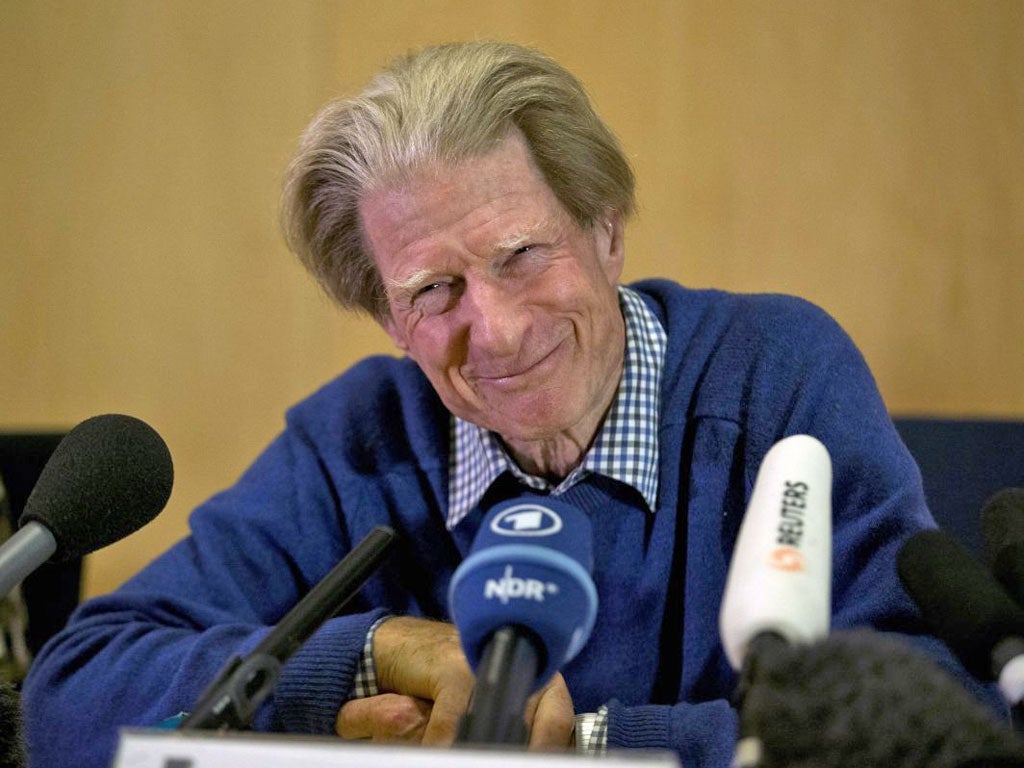Steve Connor: Gurdon deserves his prize but UK can hope for more

There can be no doubt that Sir John Gurdon deserves the greatest accolade in science. As a graduate student in Oxford in the late 1950s he showed that every cell of the body carries all the necessary genes for making an entire individual.
To any science student today this seems an obvious statement of fact. But half a century ago, many biologists believed that as an embryo developed, certain genes were lost as cells became specialised – a brain cell, it was thought, had lost the genes needed for a heart or kidney cell. Gurdon had a 10-year battle after his first paper was published in 1962 to convince his elders that the accepted "dogma" was in fact incorrect. Instead of losing genes they did not need, specialised cells simply switched them off.
It was a classic example of how science works: existing theories are replaced by something better when the emerging evidence becomes overwhelming. It meant it was possible in theory to "reprogramme" a skin cell by resetting its genetic switches for it to become a "pluripotent" stem cell capable of developing into any specialised tissue, whether heart, lung, brain or liver.
Forty years later, Shinya Yamanaka of Kyoto University built on Gurdon's work by reprogramming a cell genetically rather than using the technique of nuclear transfer into an unfertilised egg.
The Nobel committee must have had a difficult decision to make over this year's Nobel Prize for medicine. The prize can be shared by up to three people and Sir Ian Wilmut, who cloned Dolly the sheep using Gurdon's technique, must have been a contender for a third share.
The decision to leave him out may have been influenced by the fact that the Dolly work could not have been done without the help of others, notably Sir Ian's colleague Keith Campbell. So although Britain can celebrate its latest Nobel prize, there is still hope for a couple more for cloning research.
Join our commenting forum
Join thought-provoking conversations, follow other Independent readers and see their replies
Comments
Bookmark popover
Removed from bookmarks